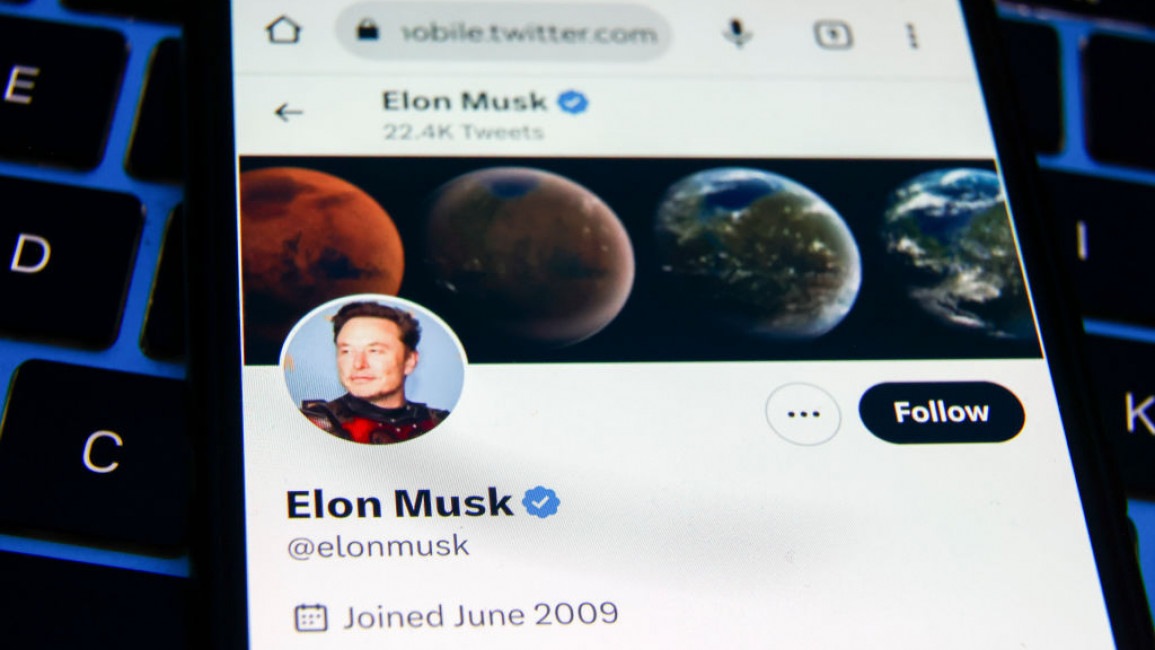Top EU official pushes Musk for Twitter's progress on new hate-speech rules
A top European Union official told Elon Musk that Twitter needs to make progress in preparing for a new law aimed at curbing hate speech, misinformation and other harmful content, adding pressure on the company to ensure it complies.
EU Commissioner Thierry Breton and Musk held a video call on Tuesday to assess Twitter's readiness for Europe's new rules, known as the Digital Services Act, that are set to take effect later this year.
Breton, who oversees the EU's digital policy, told Musk that he's "vigilant" about the resources and tools that Twitter is devoting to tackle trust and safety issues across the 27-nation bloc, including in all its languages, according to a readout of the meeting.
Breton noted that Twitter has committed to complying with the new EU regulations, which will start applying to the biggest online platforms by September.
“The next few months will be crucial to transform commitments into reality,” Breton said. "We need to see progress towards full compliance with the DSA. My team will follow closely the work by Twitter and by all other online platforms.”
Musk tweeted that he had a "good meeting" with Breton. “The goals of transparency, accountability & accuracy of information are aligned with ours,” he wrote.
Breton had warned Musk in a previous call in November that the company needs to comply with Europe's new rules.
The Digital Services Act is part of the EU's overhaul of digital rules aimed at reining in the power of online platforms and social media companies and cleaning up toxic content. Violations could result in fines worth up to 6% of a company's annual global revenue — amounting to billions — or even a ban on operating in the EU.



